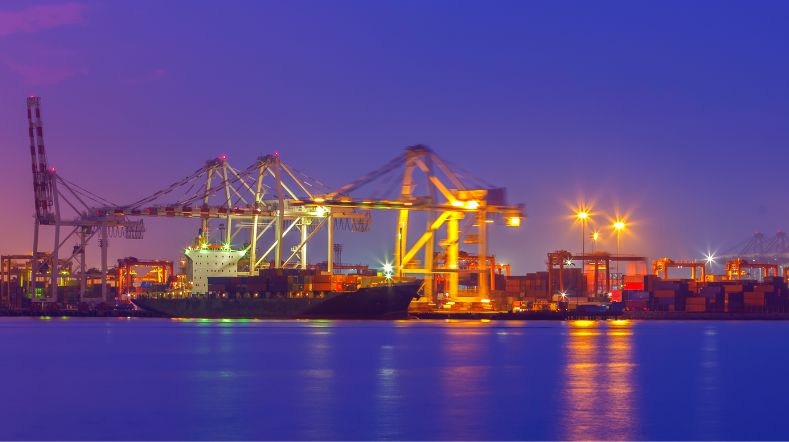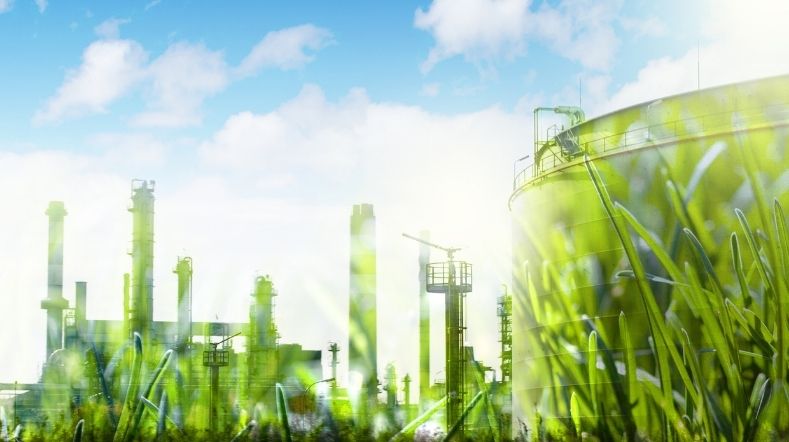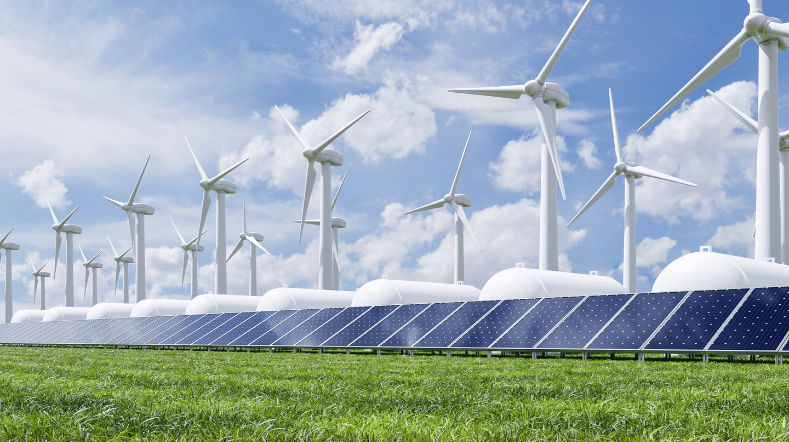
Energy transition: a sustainable future is the only future
Our ambition is to accelerate the energy transition together with knowledge institutions, businesses, and government, to create an energy system in the Netherlands which is free from CO2 emissions by 2050. In addition, we offer the Dutch business community the opportunity to take the lead and export their innovative products. This is how we want to strengthen the competitive position of the Netherlands.
Accelerating the energy transition
In order to achieve the climate targets, it is necessary to accelerate the energy transition. The challenge is to reduce carbon emissions. This can be done by phasing in renewable energy at an accelerated rate, and phasing out fossil energy smoothly, while keeping the energy supply safe, available and affordable. Energy saving is also an important tool. The transition calls for major technical and social changes in all sectors of the economy, in governments and for citizens.
Strengthening the Netherlands competitiveness
The transition to a carbon-free energy system requires technical, social and policy innovations. We conduct independent and internationally renowned research. We stand for an agenda-setting, initiating and supporting role for government, businesses and societal organisations.
Get inspired
Temporary Special Economic Zone around Rotterdam can prevent climate delays and GDP losses


Making sustainability strategies robust and resilient in an uncertain world

Sunlight-driven technology for sustainable chemistry and solar fuels


Smart Energy Networks & Grid Solutions


Solutions for grid congestion and efficient use of the electricity network


